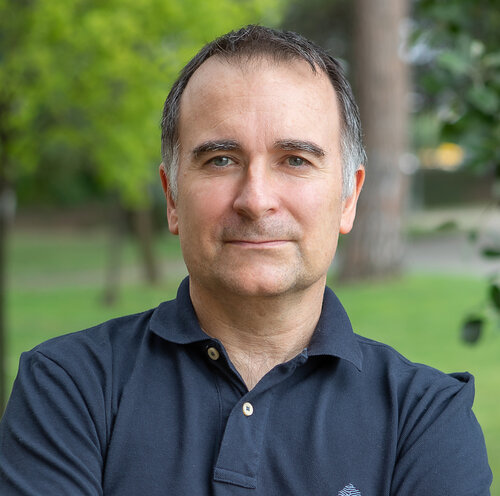International funding for IRBLleida's innovative Friedreich's Ataxia project
To Jordi Tamarit Sumalla, lecturer at the University of Lleida and researcher in the Biochemistry of Oxidative Stress group
The US association FARA (Friedreich's Ataxia Research Alliance) has awarded a grant of 85,000 US dollars for the project "Uncovering the function of a conserved site in eukaryotic frataxins" led by Jordi Tamarit Sumalla, professor at the University of Lleida and researcher in the Biochemistry of Oxidative Stress group, on the minority disease Friedreich's Ataxia.
Friedreich's ataxia is a rare disease caused by mutations that lead to a decrease in the amount of frataxin produced. Since its discovery, the function of frataxin has been the subject of debate. The one-year project proposes an innovative research approach to explore the consequences of the mutation of a group of amino acids, molecules that combine to form proteins, on the stability of frataxin and its ferroxidase activity.
The results obtained will contribute to the understanding of frataxin function and may provide an explanation for the differences observed between bacterial and eukaryotic systems. They may also open up new treatment perspectives and contribute to understanding the mechanism by which frataxin overexpression is toxic, which is one of the problems hindering the use of gene therapy in this disease.
The Award for Innovative Mindset, which has been awarded to Jordi Tamarit Sumalla, supports the initial exploration of innovative and potentially ground-breaking concepts in Friedreich's Ataxia research that encourage new directions, bring new perspectives to the field and address neglected issues in research in this area.
FARA supports research by funding competitive grants across the spectrum from basic research to drug development and clinical research programmes in Friedreich's Ataxia. The organisation promotes collaboration between scientific staff, public-private partnerships and organises open forums for them to share their knowledge and ideas to advance the therapeutic development of FA.

The researcher Jordi Tamarit






